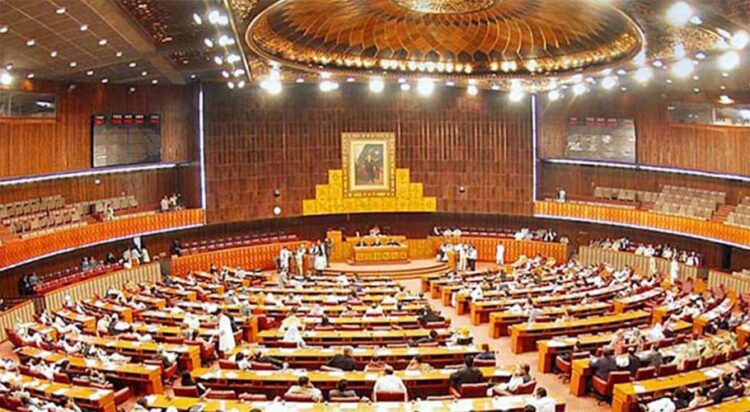A significant number of feudal lords or landlords have become members of the recently elected National Assembly of Pakistan, the lower house of parliament that plays a pivotal role in legislating, with some contexts giving it more authority than the Senate, the upper house of parliament.
According to a report from a private TV channel, out of the 265 members elected on general seats in the National Assembly during the February 8 elections, 112 are feudal lords. The National Assembly comprises 266 general seats, while 60 seats are reserved for women and 10 for non-Muslim minorities. Likely, most of the reserved seats will also be allocated to women from feudal families.
The newly elected assembly also includes 83 businessmen, 17 lawyers, 7 doctors, 4 engineers, 4 clerics and scholars, and three gadi-nashins. Three members are from the teaching and learning sector, and 13 are associated with other professions, with 20 indicating a sole focus on politics.
The dominance of landlords in positions of power is believed to contribute to the inadequate taxation of the agricultural sector in Pakistan. In the fiscal year 2021-22, the agricultural sector contributed 15.9 trillion to the GDP, yet the total income tax collection from the sector amounted to only Rs. 2.8 billion or 0.01 percent of the agricultural GDP, as reported in respective white papers published by the provinces.
While section 41 of the Income-tax Ordinance 2001 exempts the agriculture sector from federal income taxes, provincial income taxes are still applicable, though the figures collected are minimal.


































